
Click here to support reforestation
with your company.
Get news, updates, & event Info delivered right to your inbox:
What is deforestation?
Defined by the United Nations Food and Agriculture Organization as "the conversion of forest to other land use independently of whether human-induced or not," deforestation is a major environmental issue. Since 1990, over 420 million hectares of forest have been deforested. And since 2000, an estimated 47 million hectares of ecologically priceless primary forests were lost.
Yes, it's a lot to take in. But don't be disheartened, be informed!
What Are The Main Causes Of Deforestation?
While reforestation is our primary mission, we recognize that conservation is equally as — if not even more — important. But to protect forests, we first need to understand what their biggest threats are.
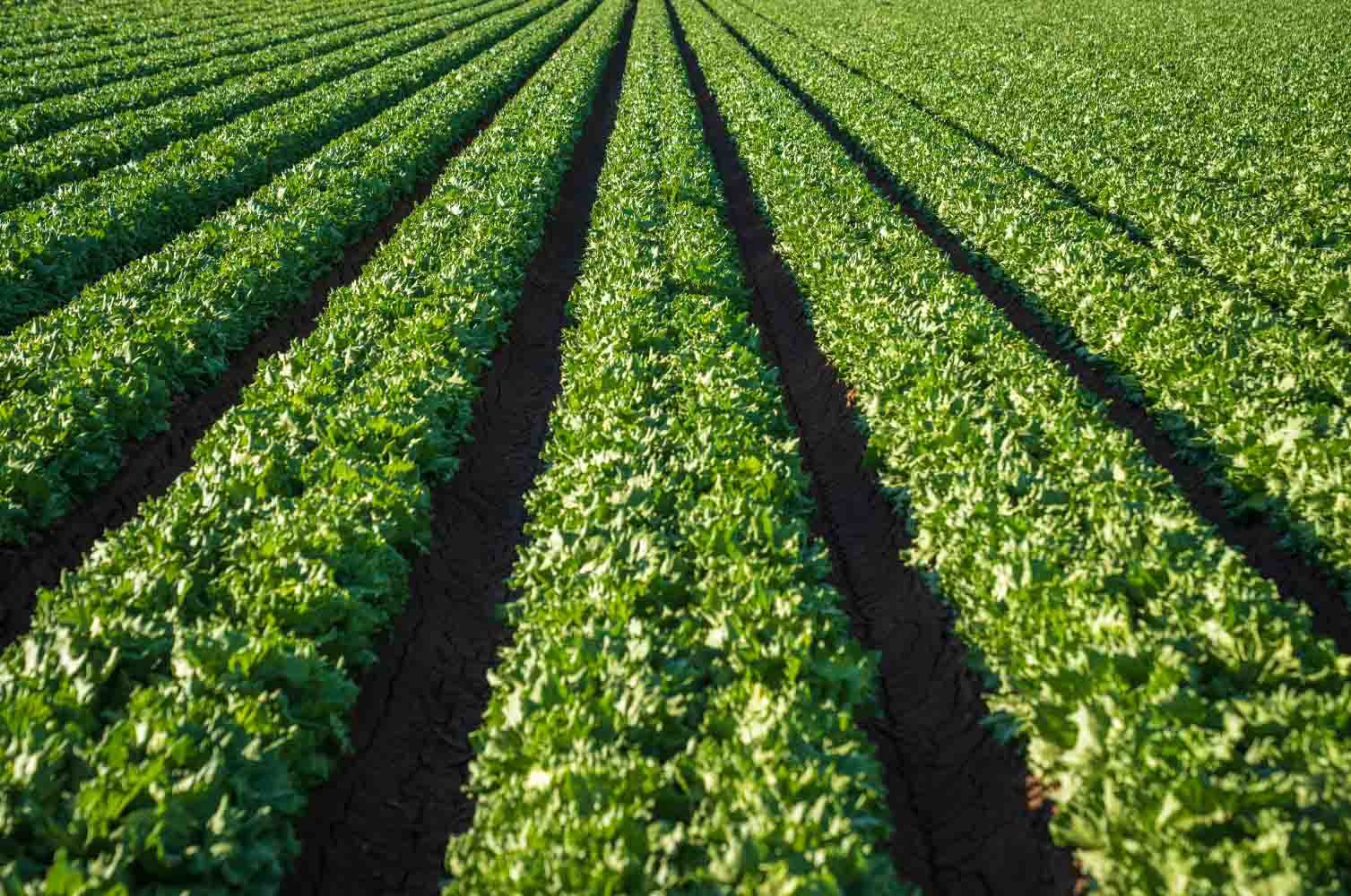
1. Agriculture
Look no further than your dinner plate, because between 2000-2018, agriculture was associated with around 90% of global deforestation. While this can mostly be attributed to meat production (particularly beef), large-scale soy and palm oil plantations follow closely behind as causes for deforestation.
But before you shun the tofu, let’s take a closer look: livestock farmers clear vast areas of forest to graze their livestock, and around 80% of all soybeans grown go directly to producing beef, chicken, eggs and dairy. And palm oil, a ingredient that’s nearly ubiquitous in processed foods, accounts for 7% of deforestation during the above mentioned time period.
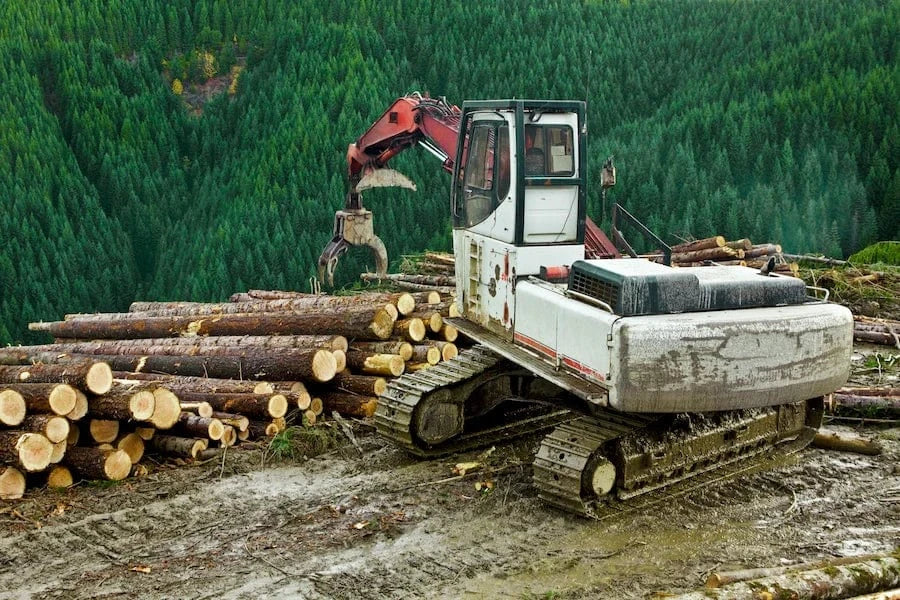
2. Timber Logging
A staggering number of trees are cut every year to meet the global demand for wood and wood products. From clear cuts to massive logging roads opening access to previously untouched forests, land degradation continues long after the last tree is cut down. Deforested areas are also much more likely to get converted to other land uses like mining, agriculture, and settlement. And the issue isn't showing any signs of slowing down.
In fact, a 2023 study conducted by World Resources Institute and published in the journal Nature found that a projected 54% increase in global timber harvests to meet growing global demand for wood could produce more than 10% of total global carbon emissions over the next few decades.
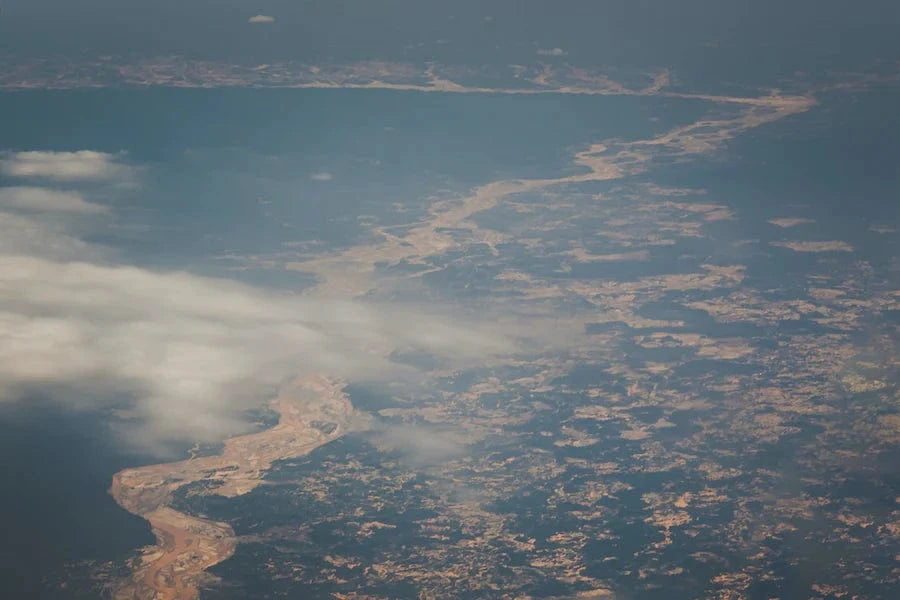
3. Mining
Thanks to an ever-increasing demand for minerals, mining affects up to 1/3 of global forest ecosystems. Mineral extraction has doubled since the turn of the century, increasingly impacting tropical rainforests and protected areas in places like the Amazon and Cerrado.
Overwhelmingly, mining-related deforestation can be attributed to just two commodities: gold and coal. Together, a recent study concluded that they resulted in approximately 6,877 square km of forest loss over the last two decades. Other minerals that significantly contribute to deforestation include bauxite, iron ore and copper.
And because large-scale mining is an intensive, industrial undertaking, it requires significant infrastructure—which only compounds ecosystem degradation in the surrounding area.
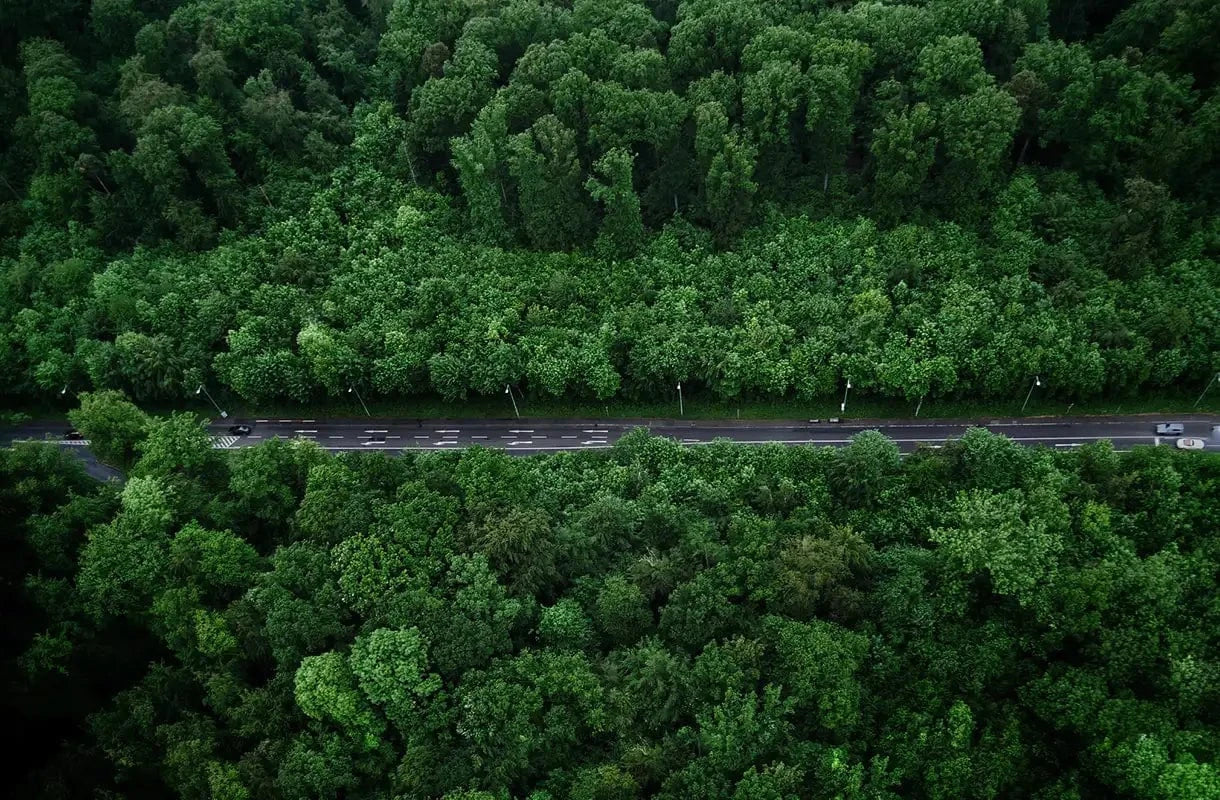
4. Urbanization
As human population levels increase, forested areas get cleared to make way for the expansion of cities and settlements. Between 2001-2023, the World Resources Institute reported that approximately three million hectares of tree cover loss could be attributed to urbanization (the permanent conversion of forests into human settlements).
And with this urbanization comes even more land use changes to support the needs of growing communities. These include increased sprawl and building construction, waste management for household waste, industrial waste, and sewage, laying of impervious surfaces for roads and highways, development of energy facilities such as power plants and electrical grids, and much more.
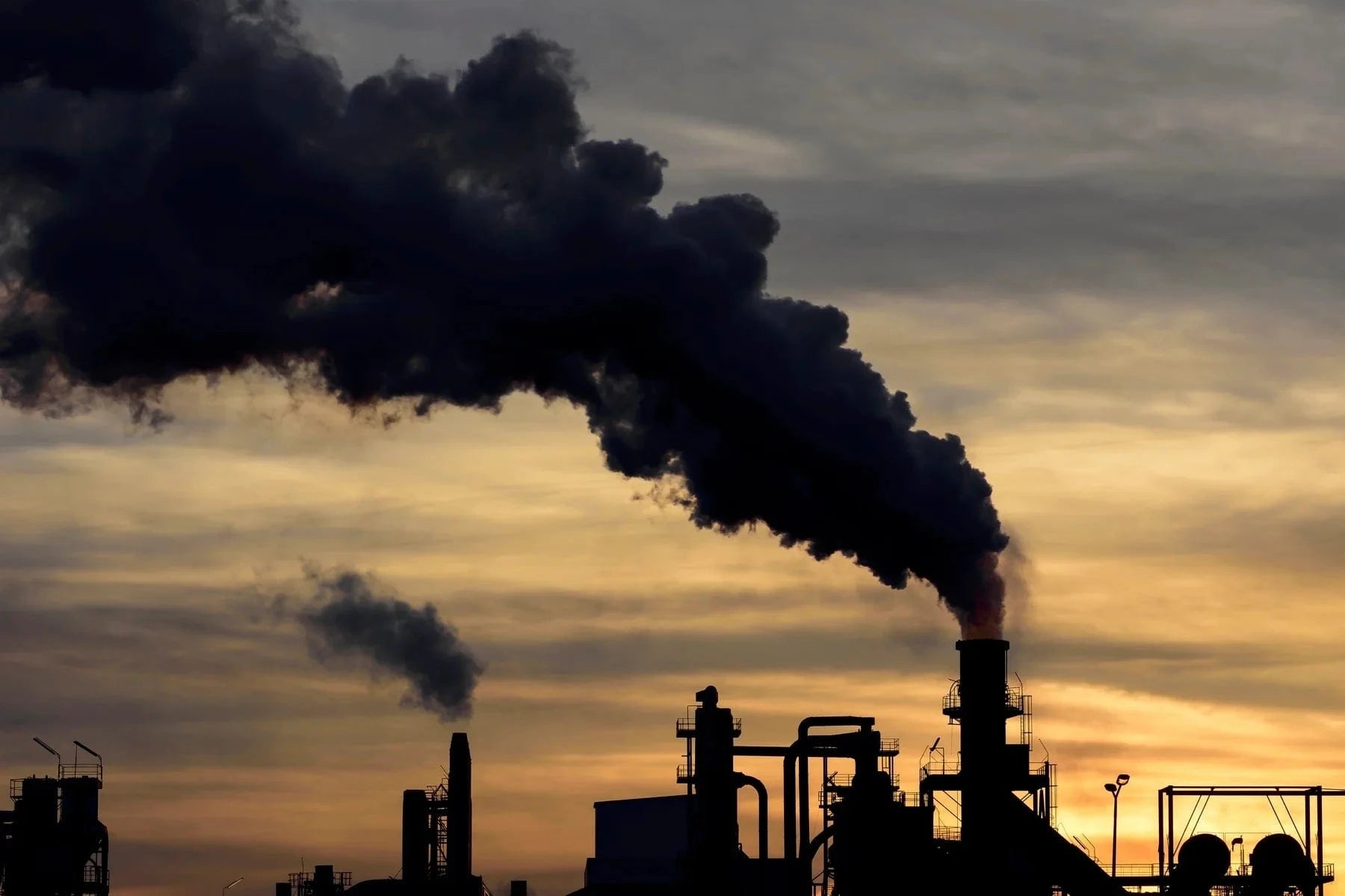
5. Climate Change
Climate change is a leading cause of deforestation. Extreme weather events like wildfires (which caused 138 million hectares of forest cover loss between 2001-2023), droughts, and storm surges destroy millions of hectares of forest every year — and their intensity is only increasing with global warming.
But the trouble doesn’t end there: after extreme weather events, deforested or degraded areas are highly susceptible to pests, diseases, and invasive species. This, in turn, can threaten healthy forests nearby.
How To Stop Deforestation
The good news is that there are many ways we can work to reduce deforestation. Here are just a few:
- Urge your favorite brands to rethink their supply chains and adopt strict “zero deforestation” policies.
- Urge your governmental representatives to introduce or support sustainable land use policies and to pass laws that forbid the sale of products linked to deforestation.
- Support campaigns that protect indigenous rights — because indigenous people and other local forest communities are on the front lines of the battle to protect forests.
- Vote with your wallet by only purchasing FSC certified wood, sustainable palm oil, Rainforest-Alliance certified chocolate, and sustainably grown or produced agricultural products.
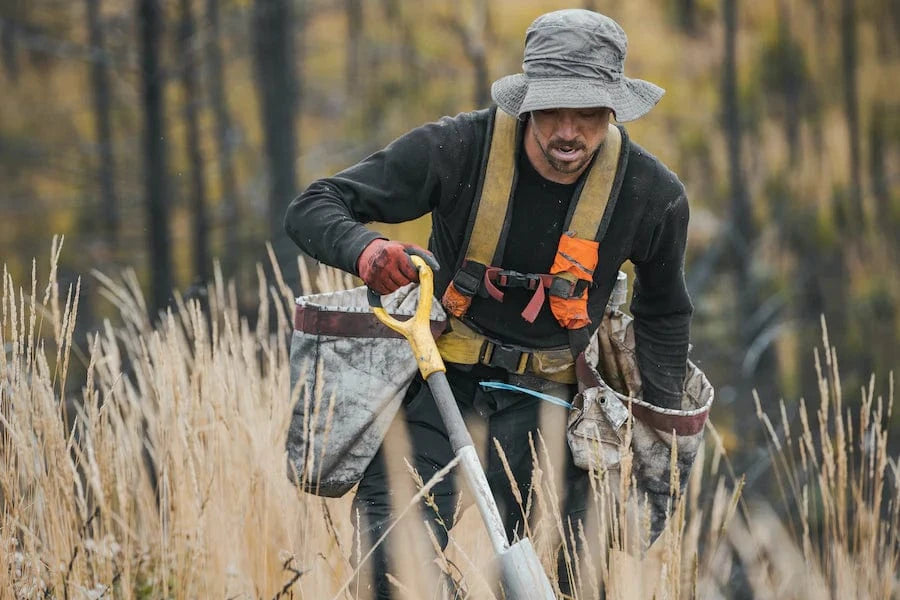
And finally, reforestation — or, planting trees in areas that have been degraded or deforested, helps the environment by guaranteeing or accelerating the re-establishment of healthy forest cover.
When trees are planted, they can absorb atmospheric carbon, protect biodiversity, stabilize the soil, support the water cycle, and slowly restore the vital ecosystem services we all depend on. So let's get to it — plant trees today!
Click here to support reforestation
with your company.
Get news, updates, & event Info delivered right to your inbox:
Related Posts
Plant Your Resolution: Making a Global Impact With The Grove
01/01/2026 by One Tree Planted
Trees & Oxygen: How They Produce It, How Much They Make, and Why It Matters
30/12/2025 by One Tree Planted
Amazon Rainforest Facts & Why It Matters for the Planet
25/12/2025 by One Tree Planted
Popular On One Tree Planted
How to Reduce Waste: 21 Practical Zero Waste Tips for Everyday Living
23/12/2025 by Meaghan Weeden
Inspirational Quotes About Trees
16/12/2025 by Meaghan Weeden
The 9 Oldest, Tallest, and Biggest Trees in the World
11/12/2025 by One Tree Planted
Fundraising Disclosures

Be Part of the Restoration Movement
The Grove is more than just a monthly giving program: it's a vibrant community of individuals who are dedicated to reforestation and environmental restoration on a global scale.





